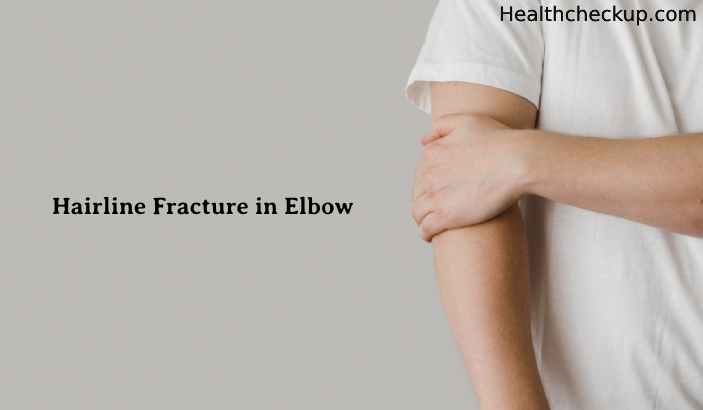The world of health insurance can be complex, even for seasoned consumers. With terms flying around like ‘deductibles, ‘copayments,’ and ‘networks,’ it’s easy to feel overwhelmed. If you’ve ever felt this way, don’t fret. This article is designed to guide you through the basics of private health insurance and equip you with the knowledge to make informed decisions about your healthcare.
When considering various options, many resort to a private health insurance comparison. This is invaluable in determining the best plan for you and your loved ones. In this deep dive into private health insurance, we’ll unravel the intricacies that define its landscape.
Understanding The Importance Of Coverage
In life, the unexpected is bound to happen. When it comes to your health, those unexpected moments can be financially draining without the right insurance coverage. Private health insurance offers a safety net, allowing you to get the care you need without paying astronomical bills.
Decoding Insurance Terminology
Choosing private health insurance often feels like trying to understand a new language. From premiums to deductibles, the jargon can be intimidating for many. Let’s simplify and decode some of the most common insurance terms to make your journey more manageable.
- Premium: This is the amount you pay for your health insurance policy, typically monthly. Think of it as a subscription fee to access the insurance benefits.
- Deductible: Before your insurance kicks in and starts paying for services, there’s a specific amount you’re responsible for. This is your deductible. Once it’s met, insurance will cover more of your costs.
- Copayment And Coinsurance: Even after the deductible, you might be responsible for a small portion of the costs. This can be a fixed amount (copayment) or a percentage (coinsurance).
By understanding these terms, you can better assess any policy’s real cost and value.
Choosing The Right Plan For You
The ideal plan isn’t necessarily the cheapest or with the most benefits. It’s the one tailored to your unique needs. Perhaps you need frequent medical care or specific medications; maybe you’re in great health and are looking for a safety net. Evaluate your requirements before diving into a private health insurance comparison.
Networks And Their Role
When you hear about ‘in-network’ and ‘out-of-network’ doctors, it’s all about agreements between healthcare providers and insurance companies. Typically, seeing an in-network doctor is less expensive than an out-of-network one. This is because insurance companies negotiate rates with the former.
Advantages Of Private Over Public Health Insurance
While public health insurance offers essential coverage, private health insurance often provides more comprehensive benefits, shorter waiting times, and a broader range of specialists. However, it’s also typically more expensive. Weighing the pros and cons can help determine if private health insurance is a worthy investment.
The Role Of Health Savings Accounts (HSAs)
For high-deductible health plans, HSAs can be a godsend. These accounts let you set aside money, tax-free, for medical expenses. This means you can save for those unexpected health crises and gain some tax benefits in the process.
Tips For Lowering Premiums And Costs
Investing in health insurance is undeniably crucial, but it doesn’t mean you should be paying more than necessary. Many individuals unknowingly overspend on their premiums and related costs. Dive into these practical tips to ensure you get the best coverage without breaking the bank:
- Shop Around: Just as you would for a new car or a home, shop around before settling on an insurance plan. Use a private health insurance comparison tool to see various options.
- Maintain A Healthy Lifestyle: Some insurers offer discounts for those who lead healthy lives, meaning non-smokers, and those who maintain healthy weights might get lower rates.
- Increase Your Deductible: You could lower your monthly premiums if you can afford a higher deductible. It’s a risk versus reward situation.
Reading The Fine Print
Always read the terms and conditions before signing up for any insurance policy. Look out for any limitations, exclusions, and the process for filing claims. Being well-informed can save you from unexpected surprises down the road.
Moving from one section of the private health insurance landscape to another, it’s evident that while the topic is broad, with a little patience and research, it’s manageable. You can take charge of your health and financial well-being with the right information.
Conclusion
Navigating the maze of private health insurance can be complicated at times, but it doesn’t have to be daunting. By understanding basic terminology, recognizing the significance of coverage, knowing your options, and utilizing health insurance comparison tools and the like, you’re positioning yourself to make choices that benefit not just your health but also your wallet.
Remember, it’s not just about coverage—it’s about peace of mind. So, use the insights from this discussion, equipping yourself with the right knowledge that would allow you to select the best private health insurance for your needs.









